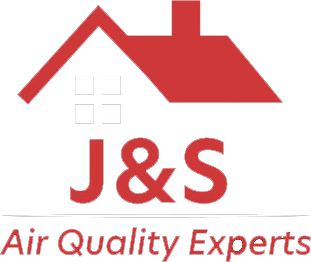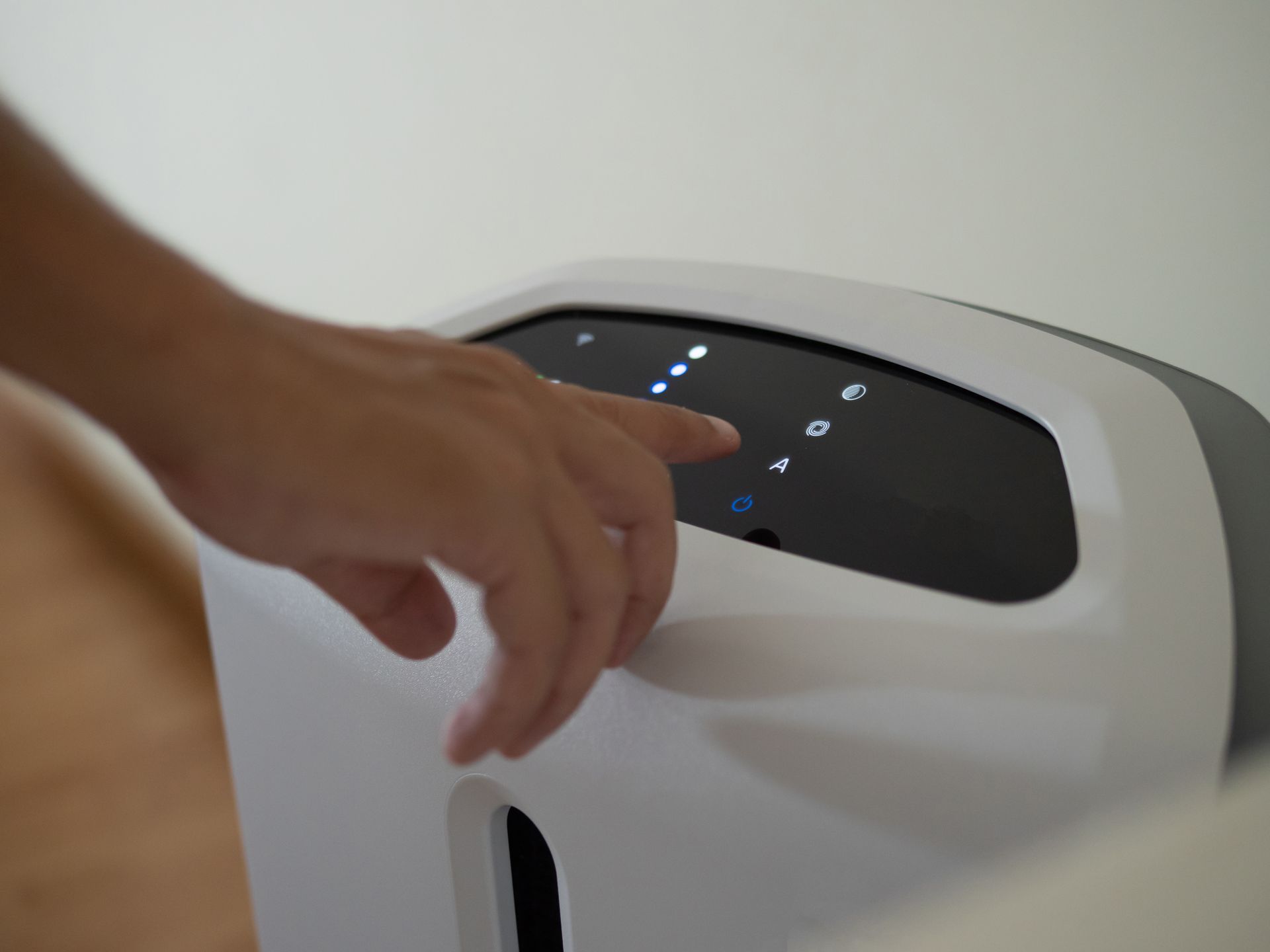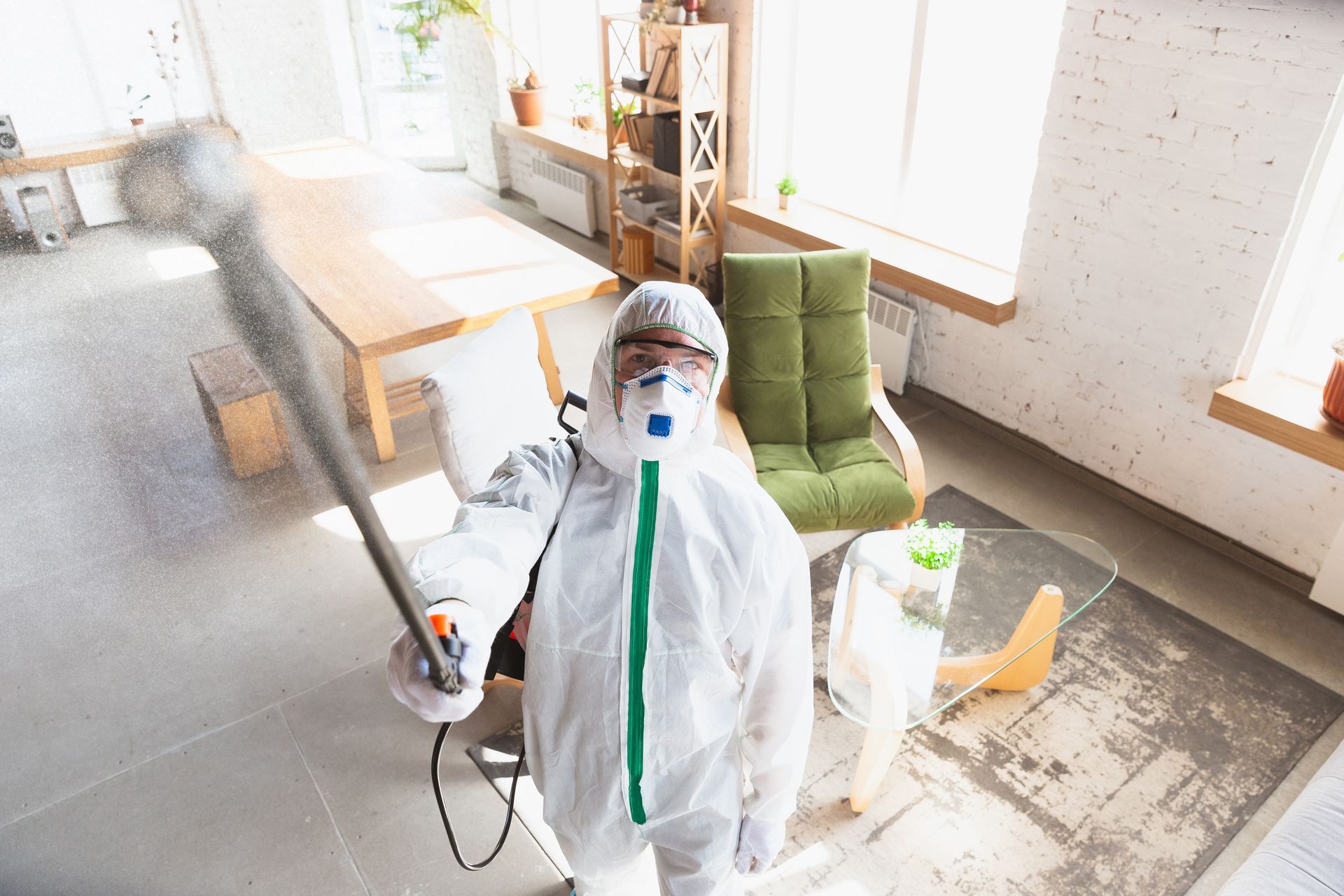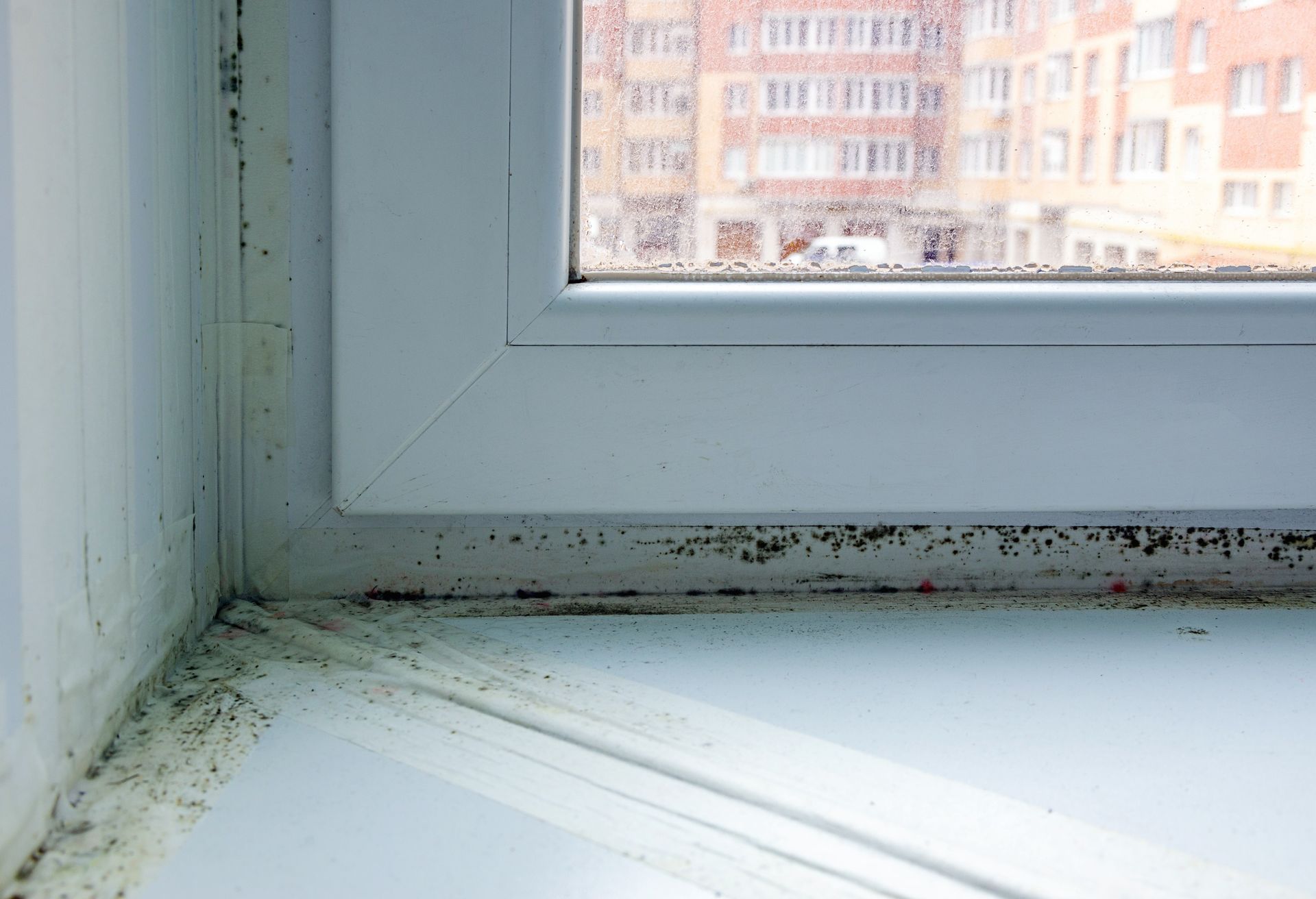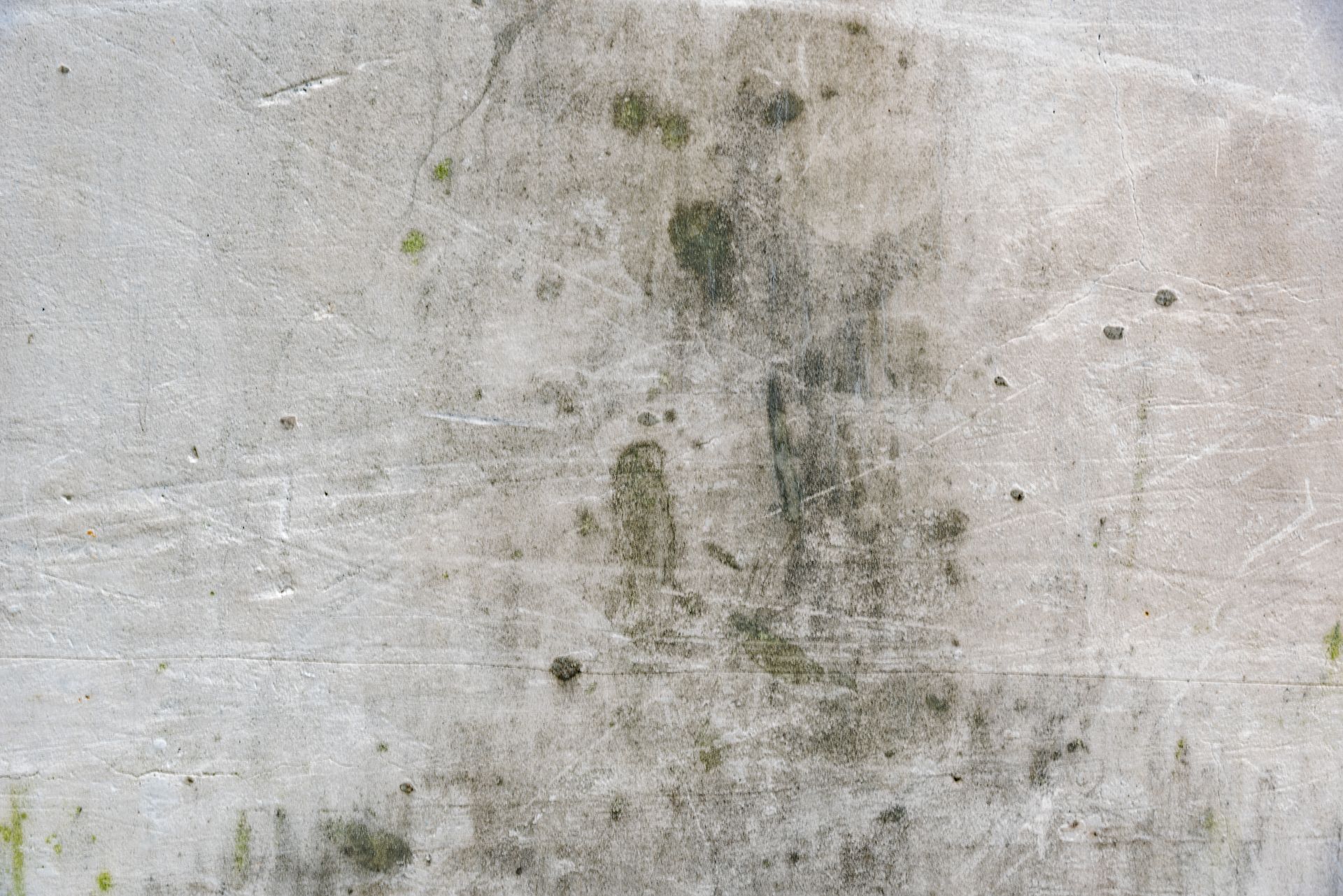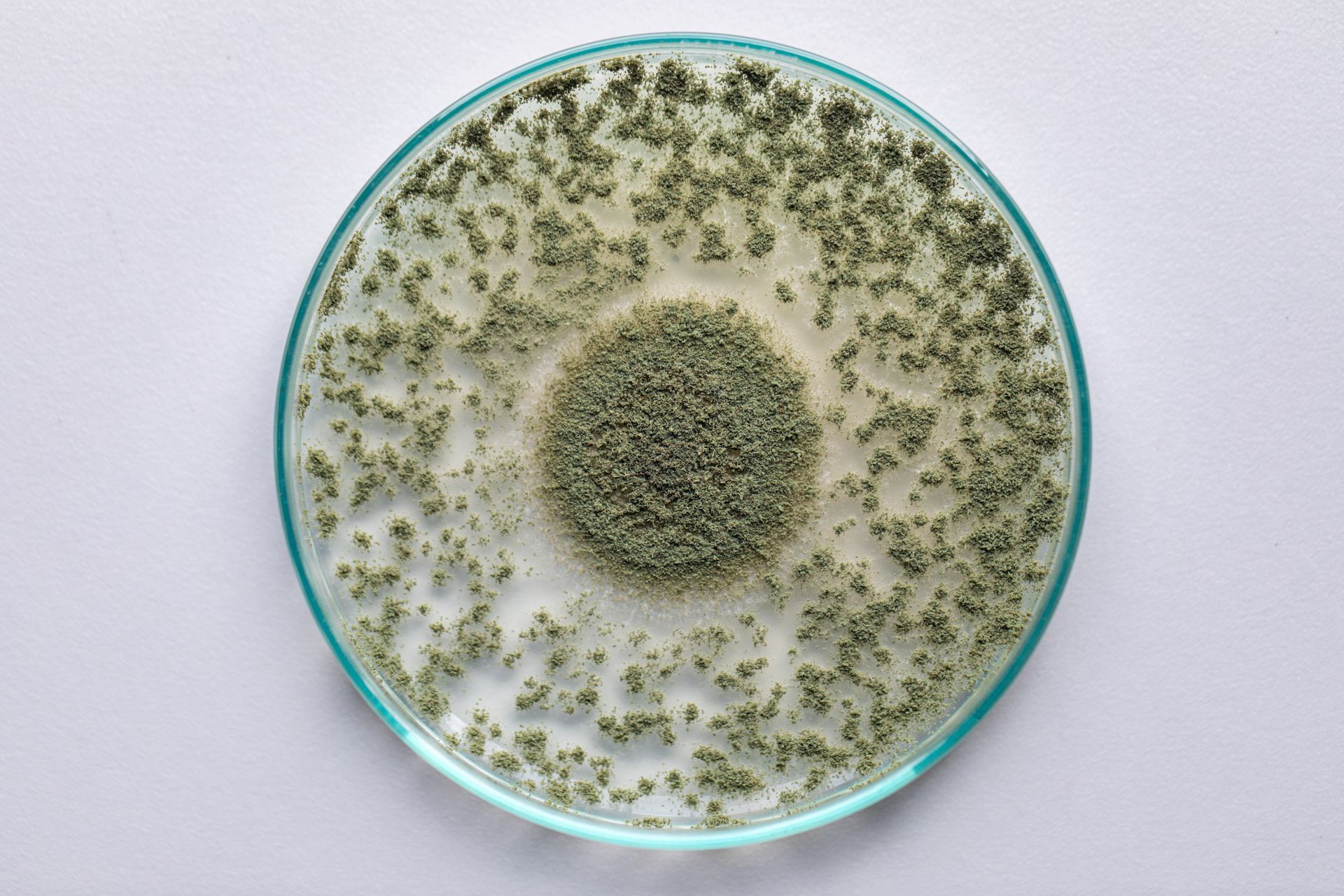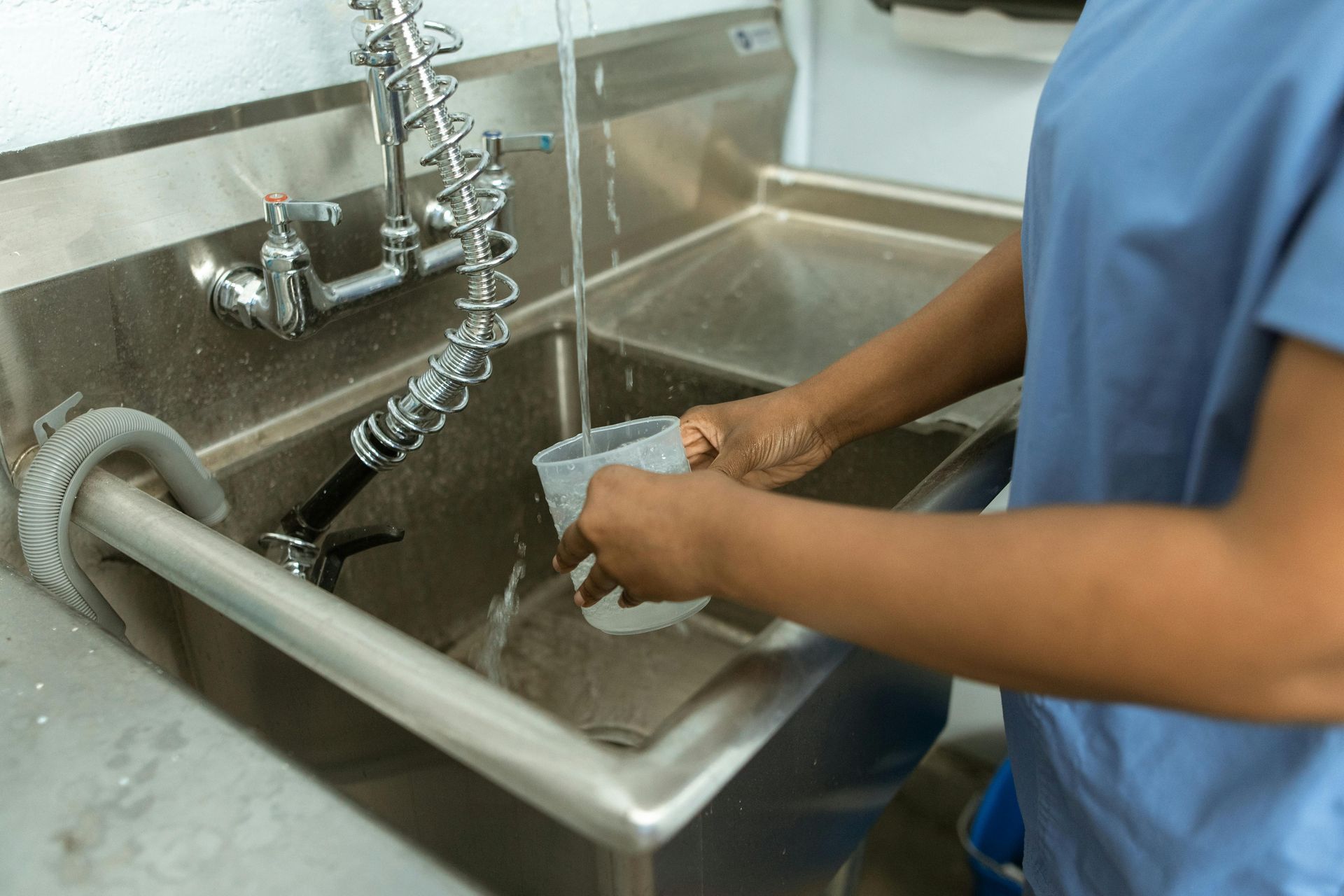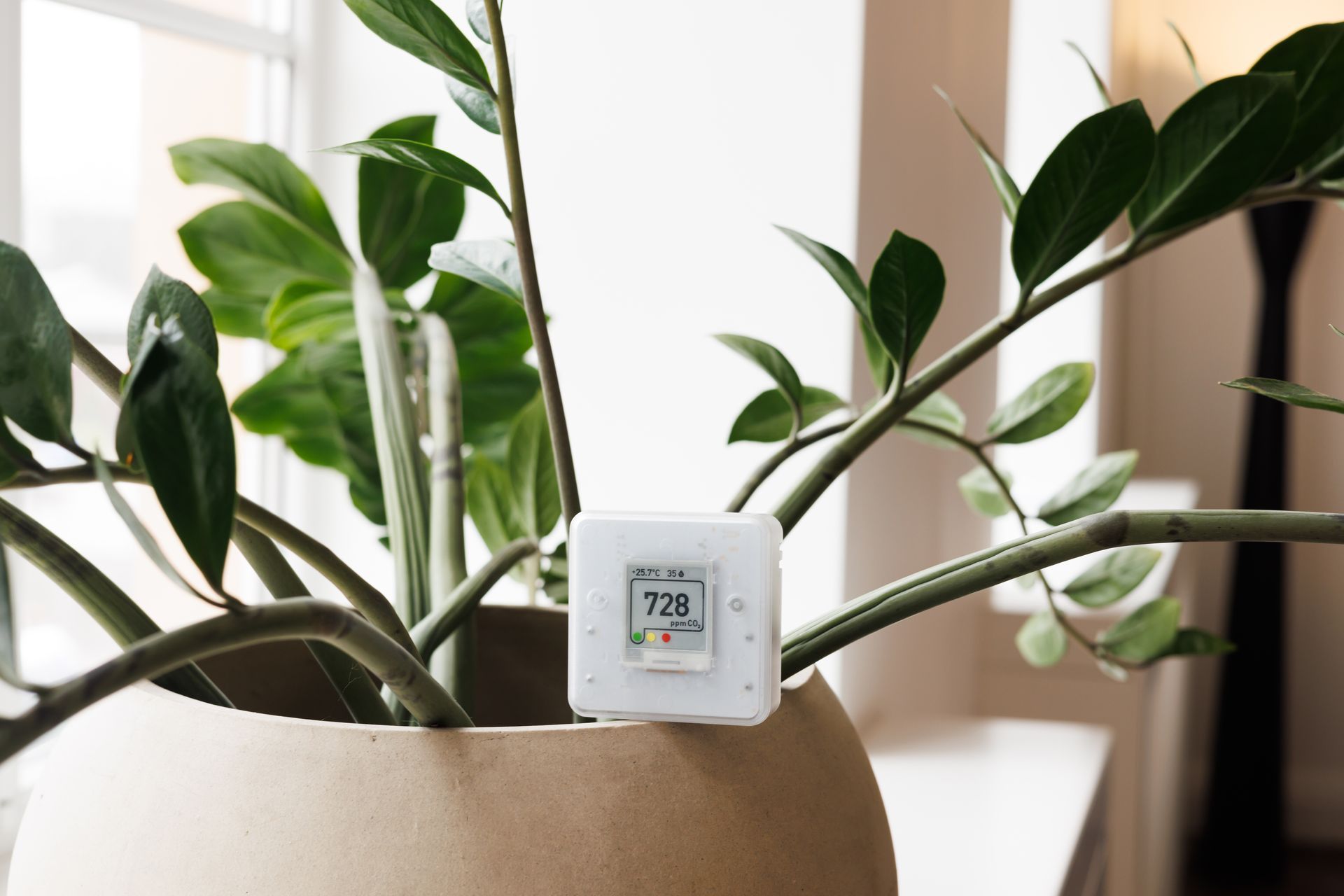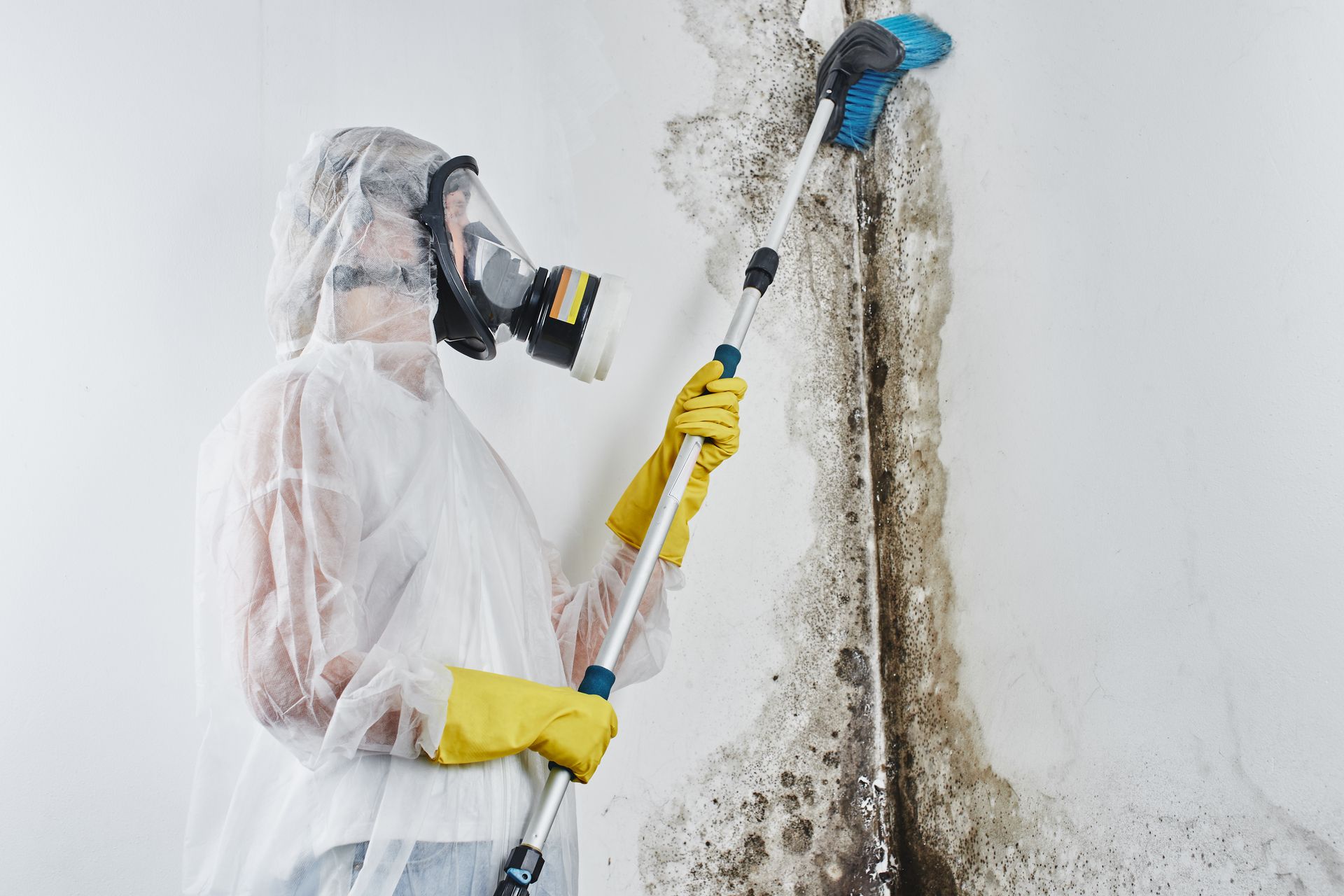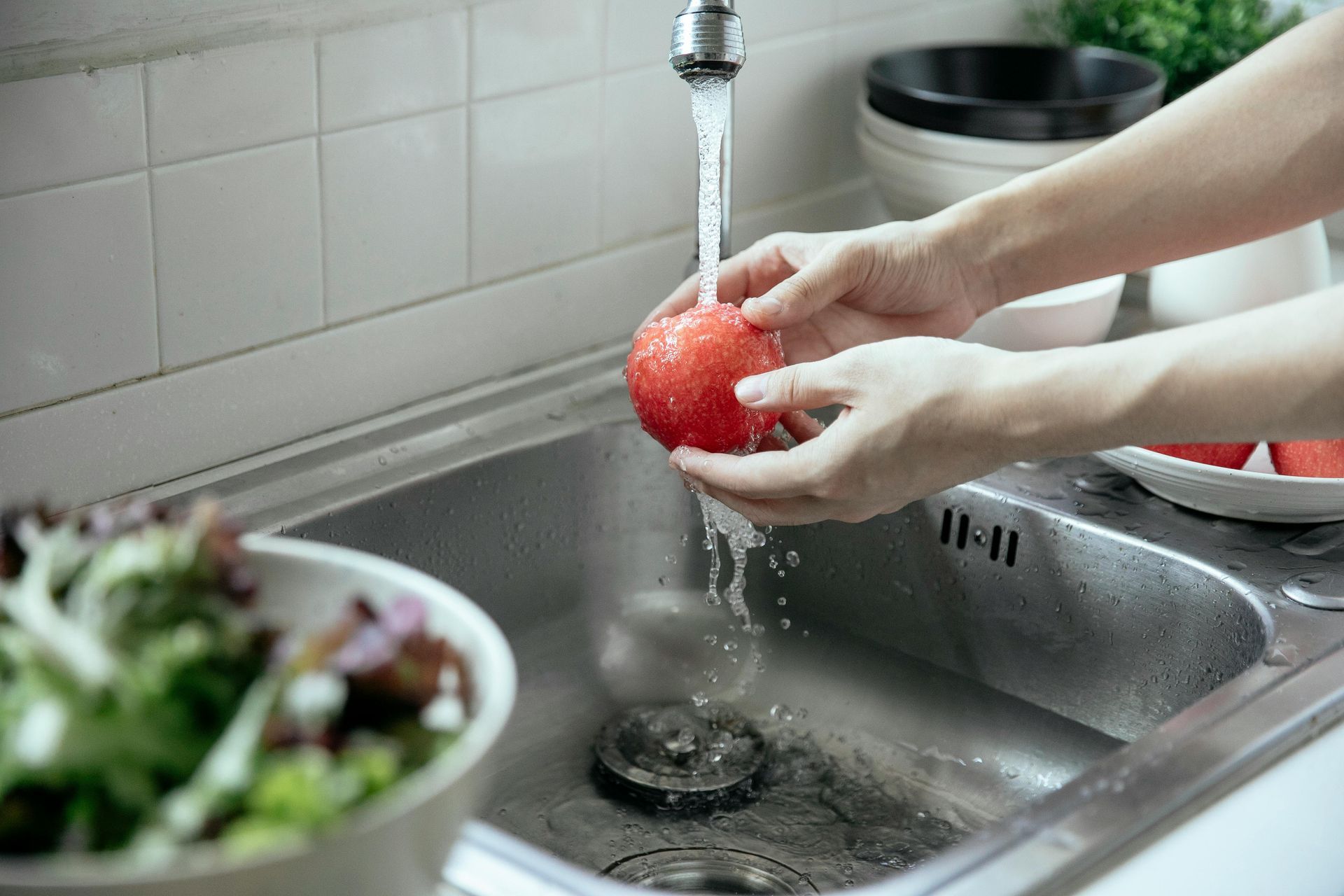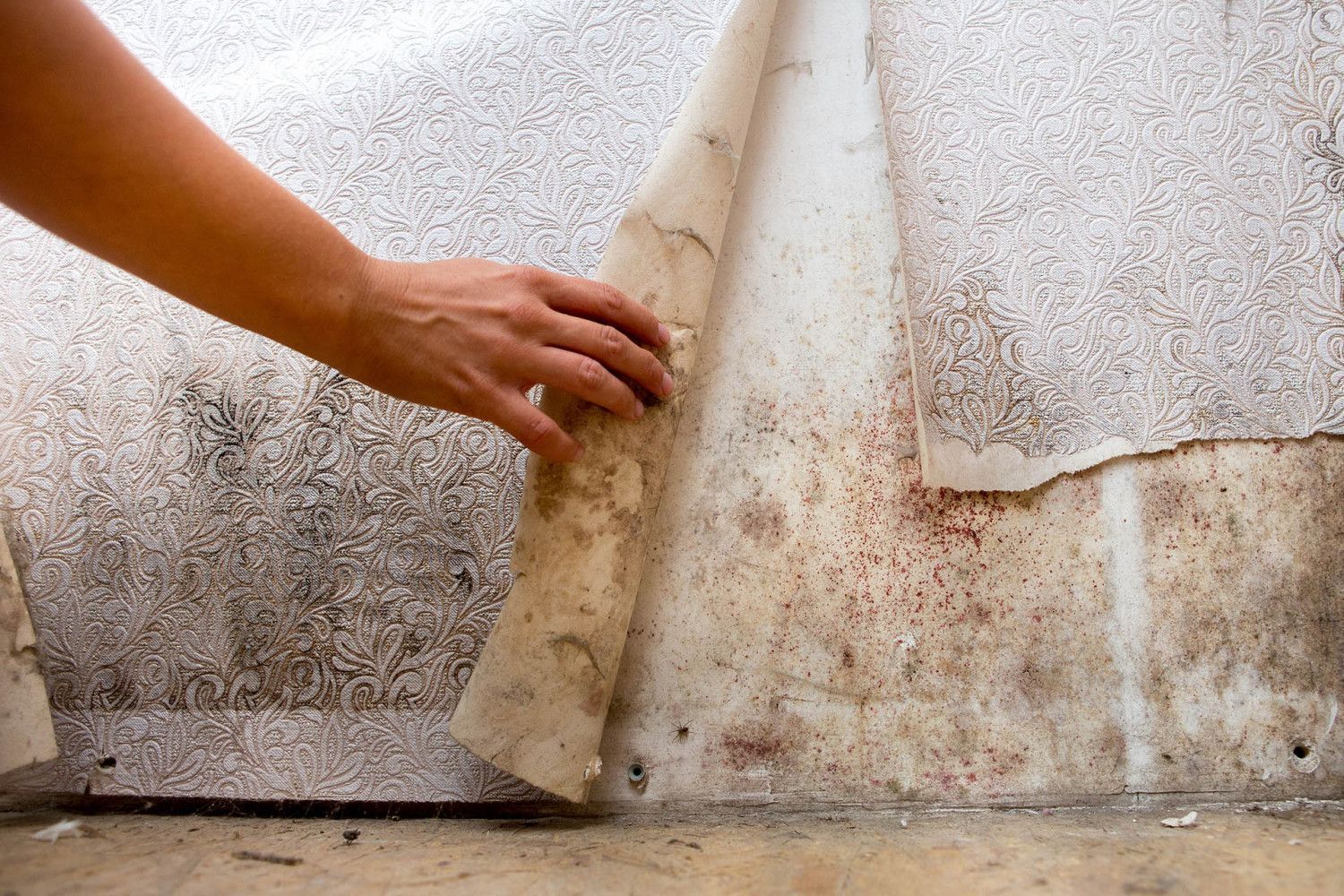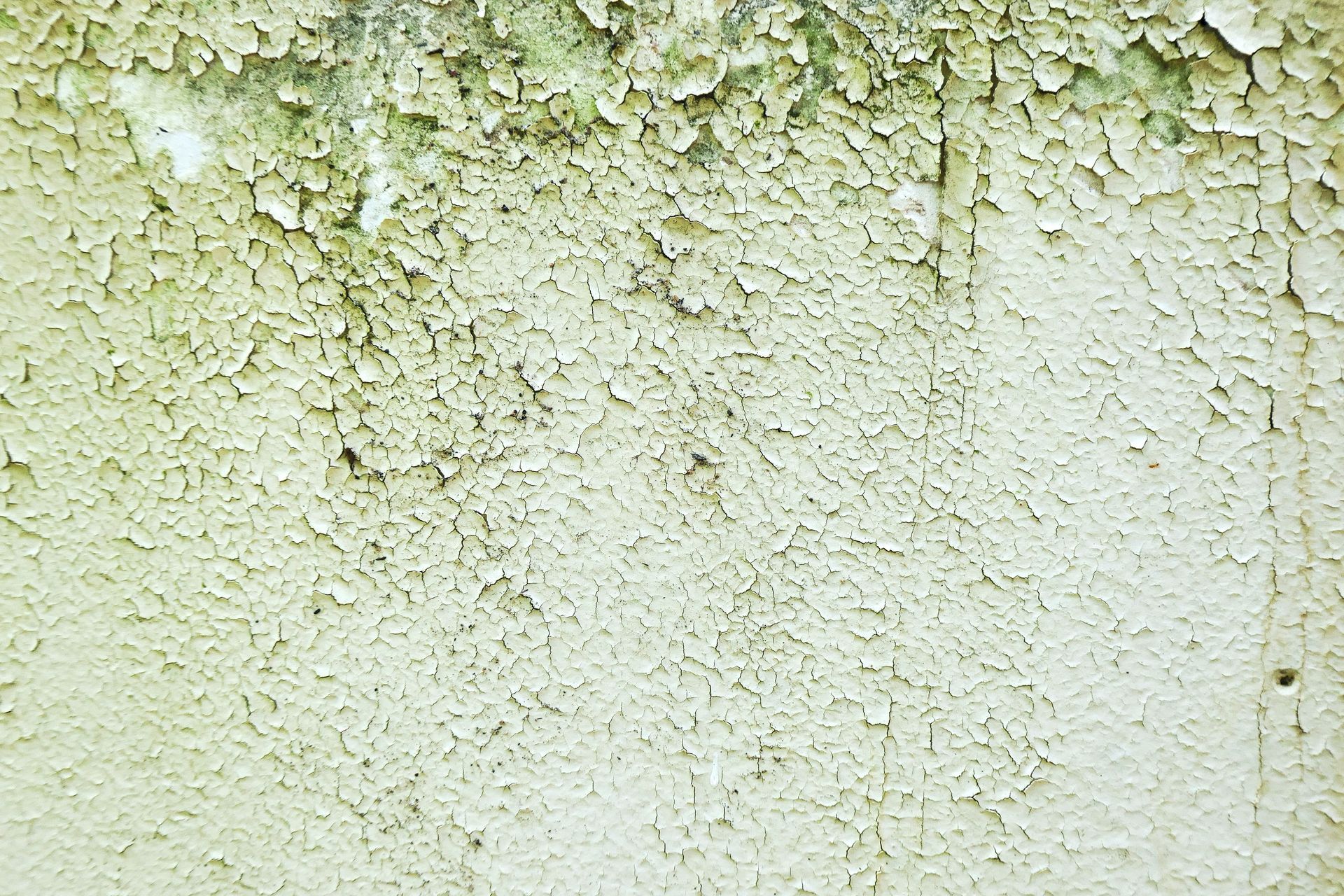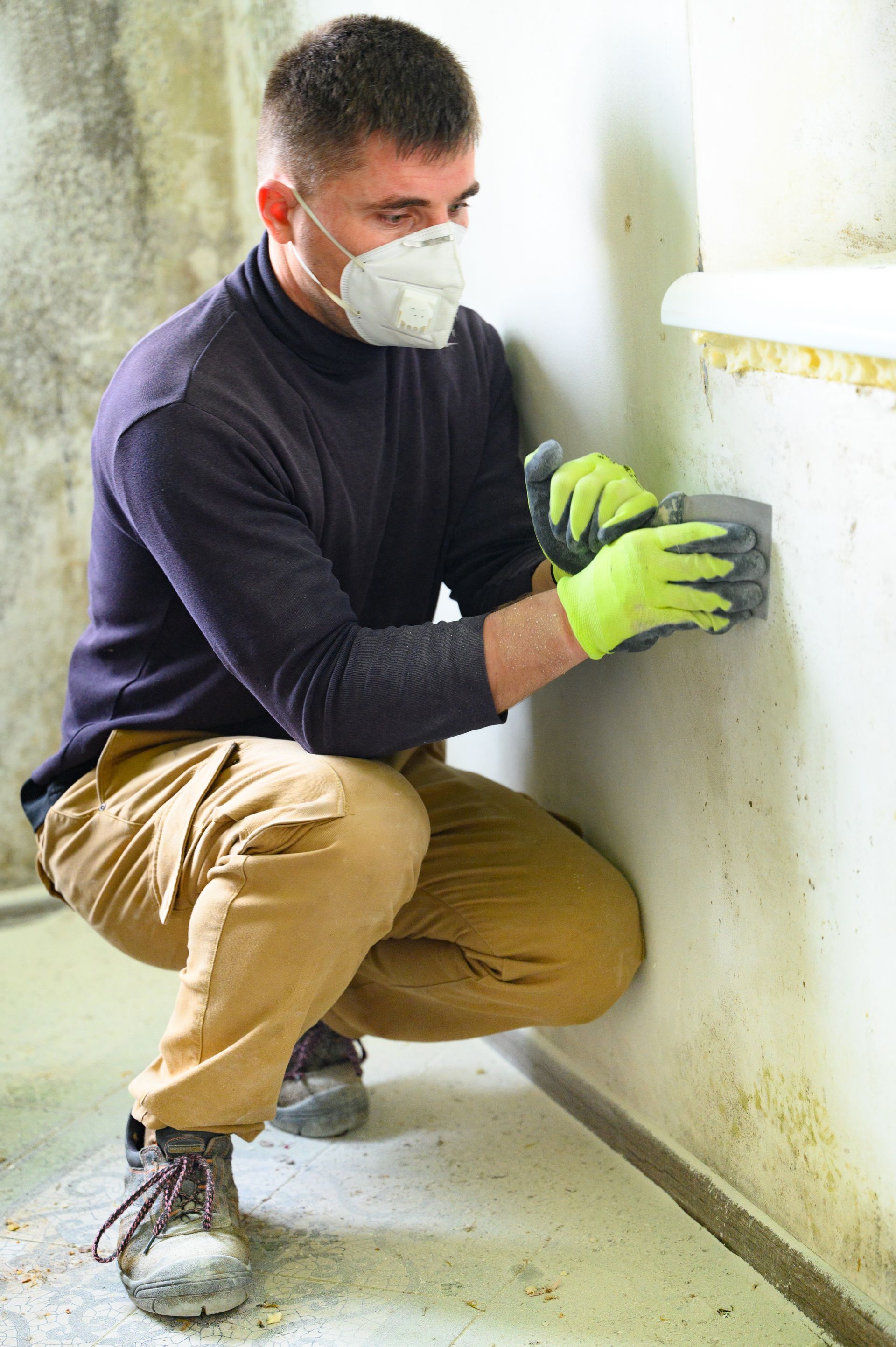J&S Air Quality Experts
Creating a Healthy Home: Tips for Improving Indoor Air Quality in Palm Bay, FL
Living in Palm Bay, FL, comes with the perks of warm weather, beautiful beaches, and lush landscapes. However, the humid climate also presents challenges when it comes to maintaining good indoor air quality. High humidity levels can lead to the growth of mold and mildew, which can significantly affect the air you breathe inside your home. At
J&S Air Quality Experts, we understand the importance of a healthy living environment and are here to help you take the necessary steps to improve your indoor air quality. In this blog post, we’ll share valuable tips on how you can create a healthier home in Palm Bay, FL.
Understanding the Importance of Indoor Air Quality
Indoor air quality (IAQ) refers to the condition of the air inside your home and how it relates to your health and comfort. Many factors can impact IAQ, including the presence of pollutants like mold, dust mites, pet dander, and volatile organic compounds (VOCs). Breathing in poor air quality can harm your health in many ways. It can cause problems with your lungs, allergies, headaches, and make you feel tired. In Palm Bay, where humidity levels are often high, maintaining good IAQ is especially important to prevent the growth of mold and other allergens.
The first step in improving indoor air quality is understanding its importance. Poor IAQ can trigger asthma attacks, cause irritation of the eyes, nose, and throat, and contribute to long-term health problems. For those with preexisting conditions, such as asthma or allergies, exposure to poor indoor air can exacerbate symptoms and reduce the overall quality of life. Therefore, it’s crucial to address IAQ issues promptly to ensure a healthy living environment.
Control Humidity Levels to Prevent Mold Growth
One of the most significant contributors to poor indoor air quality in Palm Bay is high humidity. Excess moisture in the air creates the perfect breeding ground for mold and mildew, which can release spores into the air and cause respiratory issues. To prevent mold growth and improve IAQ, it’s essential to control humidity levels in your home.
- Use Dehumidifiers: Investing in a dehumidifier can help reduce indoor humidity levels, especially during the hot and humid summer months. Dehumidifiers work by removing excess moisture from the air, making it less likely for mold to develop.
- Ventilation: Proper ventilation is key to controlling humidity. Ensure that areas like bathrooms, kitchens, and laundry rooms are well-ventilated to allow moisture to escape. Improve air flow by turning on exhaust fans or opening windows.
- Fix Leaks: Even small leaks can contribute to mold growth if left unchecked. Regularly inspect your home for leaks in the roof, walls, and plumbing, and address any issues immediately.
- Monitor Humidity Levels: Monitor your indoor humidity with a hygrometer. Aim to maintain indoor humidity between 30% and 50% to prevent mold growth.
By taking these steps, you can significantly reduce the risk of mold growth in your home and improve the overall air quality.
Eliminate Sources of Indoor Pollutants
Indoor air pollutants come from various sources, including household cleaning products, tobacco smoke, and even the materials used in your home’s construction. To improve IAQ, it’s important to eliminate or reduce these sources of pollution.
- Choose Low-VOC Products: Many household products, including paints, varnishes, and cleaning agents, contain volatile organic compounds (VOCs) that can release harmful chemicals into the air. Opt for low-VOC or VOC-free products to minimize exposure to these pollutants.
- Avoid Smoking Indoors: Tobacco smoke is a significant contributor to poor IAQ. If you or anyone in your household smokes, make sure it’s done outside to prevent smoke from lingering indoors.
- Use Natural Cleaning Products: Consider switching to natural or non-toxic cleaning products to reduce the number of chemicals released into the air. Many store-bought cleaners contain harsh chemicals that can irritate the respiratory system.
- Keep Your Home Clean: Regular cleaning can help reduce the buildup of dust, pet dander, and other allergens. Vacuuming with a HEPA filter and dusting with a damp cloth can effectively remove particles that contribute to poor IAQ.
By eliminating sources of indoor pollutants, you can create a cleaner and healthier environment for you and your family.
Improve Ventilation and Air Circulation
Proper ventilation and air circulation are crucial for maintaining good indoor air quality. Stagnant air can trap pollutants and moisture, leading to poor IAQ. To improve ventilation and air circulation in your home:
Open Windows: Open your windows to let fresh air in whenever the weather is nice. This helps remove indoor pollutants and brings in clean air from outside.
- Use Exhaust Fans: Make sure to use exhaust fans in areas like the kitchen and bathroom to vent moisture and odors outside. This prevents moisture buildup and helps reduce the concentration of indoor pollutants.
- Install Air Purifiers: Air purifiers with HEPA filters can effectively remove particles like dust, pollen, and pet dander from the air. Consider placing air purifiers in rooms where you spend the most time, such as bedrooms and living areas.
- Maintain HVAC Systems: Regular maintenance of your heating, ventilation, and air conditioning (HVAC) systems is essential for good IAQ. Replace filters regularly and schedule professional inspections to ensure your system is running efficiently.
Improving ventilation and air circulation can make a significant difference in the quality of the air you breathe indoors.
Regular Mold Testing and Assessment
Given the humid climate in Palm Bay, regular mold testing and assessment are crucial for maintaining a healthy home. Mold can grow in hidden areas, such as behind walls or under flooring, and may go unnoticed until it becomes a significant problem. At J&S Air Quality Experts, we offer professional mold testing and assessment services to help you detect and address mold issues before they affect your health.
- Schedule Regular Inspections: Regular mold inspections can help identify potential mold problems early. Our team at J&S Air Quality Experts uses advanced testing methods to detect mold even in hidden areas of your home.
- Address Mold Issues Promptly: If mold is detected in your home, it’s important to address the issue immediately. Mold remediation should be carried out by professionals to ensure complete removal and prevent recurrence.
- Follow Preventative Measures: After remediation, take steps to prevent future mold growth by controlling humidity levels, improving ventilation, and addressing any sources of moisture.
Regular mold testing and assessment provide peace of mind and ensure that your home remains a safe and healthy environment.
Contact J&S Air Quality Experts for Professional Mold Testing and Assessment Services
Your family's health depends on having clean air inside your home. At J&S Air Quality Experts, we are committed to helping residents of Palm Bay, FL, create healthier homes through professional mold testing and assessment services. If you’re concerned about mold or poor indoor air quality in your home, don’t hesitate to contact us. Our experienced team will conduct a thorough inspection and provide you with the best solutions to improve your indoor environment.
Call us today at
(321) 557-3163 to schedule a consultation and take the first step towards a healthier home. Let J&S Air Quality Experts help you breathe easier in your Palm Bay home. We also offer
mold assessment services,
bacteria and water testing, and
fire and smoke testing.
FAQs
What are the common signs of poor indoor air quality?
Common signs of poor indoor air quality include persistent allergies, respiratory issues, headaches, fatigue, and a musty odor in the home. If you notice these symptoms, it’s important to investigate the potential sources of indoor pollutants, such as mold, dust, or VOCs.
How often should I schedule a mold inspection for my home?
It’s recommended to have your home tested for mold at least once a year, especially in humid climates like Palm Bay. Additionally, you should consider mold testing if you notice signs of mold growth, such as visible mold, a musty smell, or unexplained health issues.
Can I remove mold on my own, or do I need professional help?
While small mold spots can sometimes be cleaned with household products, it’s generally best to seek professional help for mold removal. Professionals have the tools and expertise to remove mold safely and effectively, reducing the risk of recurrence.
What is the ideal indoor humidity level to prevent mold growth?
The ideal indoor humidity level to prevent mold growth is between 30% and 50%. Using dehumidifiers and ensuring proper ventilation can help maintain this range and reduce the likelihood of mold developing.
How can I improve indoor air quality if I have pets?
To improve indoor air quality with pets, regularly clean and vacuum to remove pet hair and dander, use air purifiers with HEPA filters, and bathe and groom your pets frequently to minimize shedding. These steps can help reduce allergens and maintain better air quality in your home.
